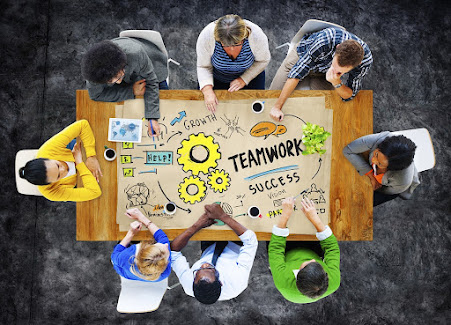The benefits of CSR in HRM

Introduction CSR (Corporate Social Responsibility) is defined as corporate self-regulation aimed at benefiting society, particularly people, the environment, and the company's employees. Even if it is voluntary, participation in charitable and volunteer activities has a significant impact on a company's image. Let's have a look at some research on CSR and how it supports and benefits businesses. The field of corporate social responsibility (CSR) studies the link between the concept and the financial success of businesses (Aguilera et al., 2007; Margolis and Walsh, 2003). According to Hillman and Keim (2001), displaying CSR to primary stakeholders has a favorable influence on financial performance. Based on their research, McGuire et al. (1988) discovered that organizations with a reputation for social responsibility benefit financially. According to Ruf and colleagues (2001), firms that voluntarily implement socially responsive policies reduce transaction costs by inc...






